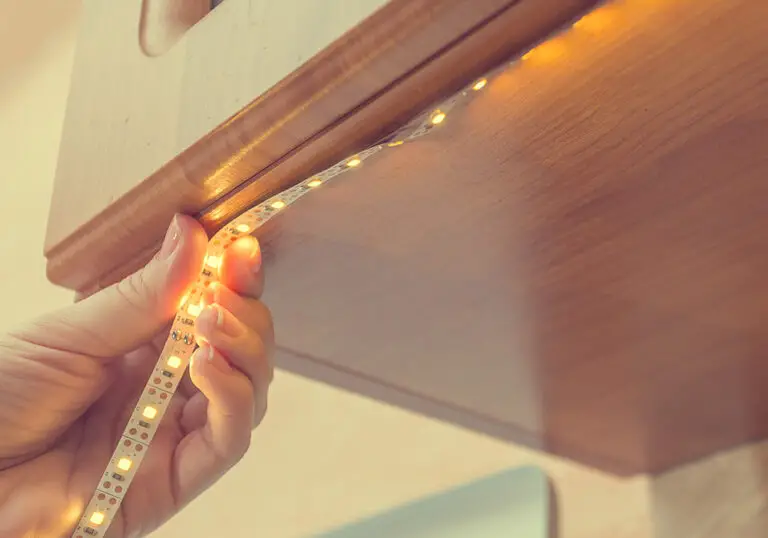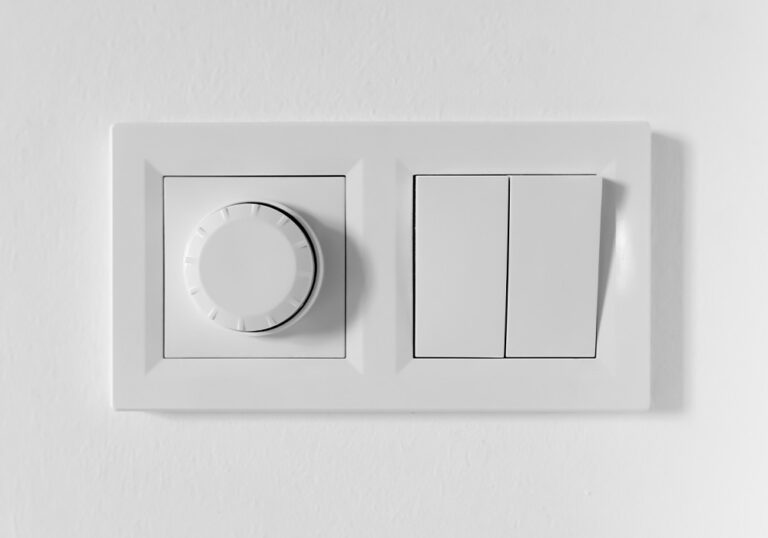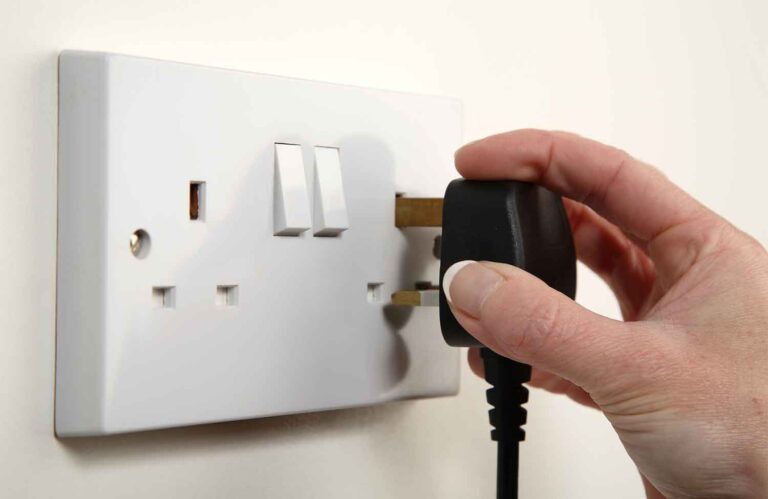Dead Outlets: Are They Dangerous?
When you encounter a dead outlet in your home, it can be a sign of trouble. Not only is a dead outlet an inconvenience, but it can also pose a serious threat to your home’s electrical safety. A dead outlet is dangerous because it might spark a fire, depending on the underlying problem that led to its failure. Issues such as melted insulation, exposed wires, or short circuits can all contribute to these hazards.
While it’s easy to dismiss a dead outlet as a minor nuisance, it’s crucial to understand the possible risks they can pose. Knowing the causes of dead outlets, being able to identify them, and taking preventive measures are essential to ensuring your home’s electrical safety. By addressing dead outlets promptly, you can mitigate the dangers and protect your home and family from potential electrical mishaps.
Key Takeaways
- Dead outlets pose a danger, as they can potentially spark a fire due to underlying issues.
- Understanding the causes and identifying dead outlets are crucial to electrical safety.
- Promptly addressing dead outlet problems can help mitigate risks and protect your home.
Setting the Scene: What Are Dead Outlets?
A dead outlet is an electrical socket that can no longer supply power to any devices or appliances. This can be an irritating inconvenience, but more importantly, it may pose a hidden danger to your home. Understanding what causes dead outlets and how to address them is essential for maintaining a safe environment.
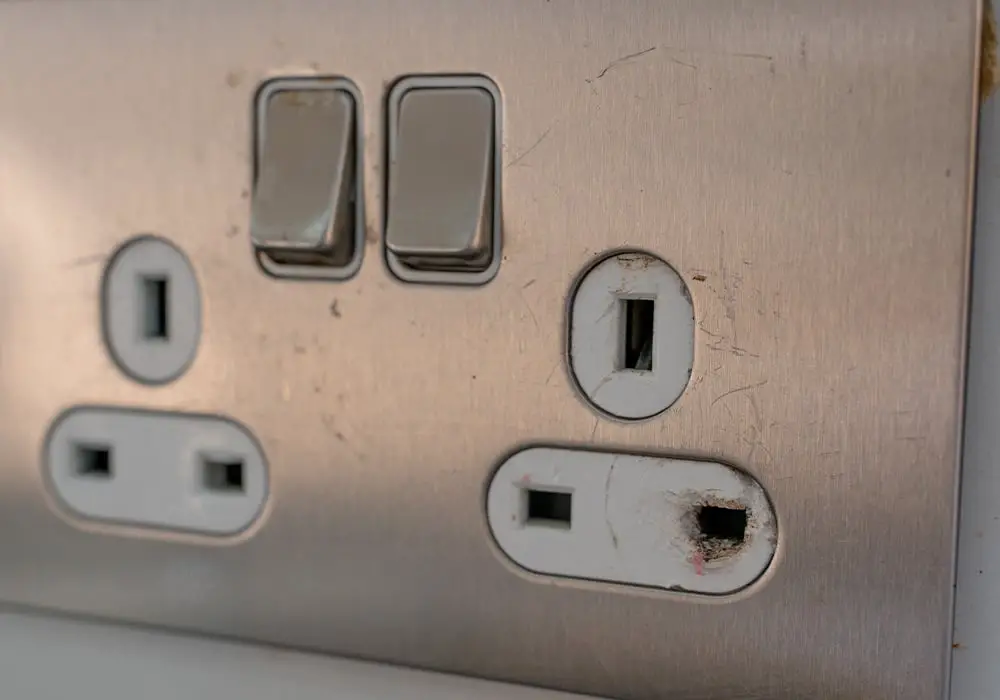
Dead outlets are a common occurrence in households around the world. They can arise from a variety of issues, such as a tripped circuit breaker, a loose wire connection, or a Ground Fault Circuit Interrupter (GFCI) that has tripped. In some cases, the outlet may be dead due to damage or outdated wiring.
It is crucial not to ignore dead outlets, as they can signify a more serious electrical problem. Left unaddressed, these issues could potentially lead to a fire hazard. By identifying and resolving the root cause of the problem, you can help ensure the safety of your home and its occupants.
In the following sections, you’ll learn about the potential dangers of dead outlets and how to safely handle them. Armed with this knowledge, you’ll be better equipped to deal with any issues that may arise with your home’s electrical system.
The Danger of Dead Outlets
Fire Risks
A dead outlet can pose a significant fire risk if left untreated. The issue that causes the outlet to fail may result from overheating, melting the insulation around the wiring. Exposed wires have a higher likelihood of shorting out and sparking a fire. Furthermore, a dead outlet could signify a more severe electrical problem that requires prompt attention to prevent further hazards. It’s crucial to address dead outlets in your home to minimise these risks.
Electrical Shock Hazards
Another danger associated with dead outlets is the risk of electrical shock. Even if an outlet appears dead, damaged wiring or a bad connection could still make the outlet live with electricity. When attempting to use or repair a dead outlet, there is a risk of coming into contact with live wires, which can cause serious injury or even fatality. It’s essential to approach dead outlets with caution and consult a professional electrician when necessary.
Damage to Electrical Devices
A dead outlet can cause damage to connected electrical devices. When an outlet fails due to a fault in the wiring or a bad connection, it may result in power surges or fluctuations. These inconsistencies in the flow of electricity can be harmful to the electrical devices plugged into the outlet, potentially shortening their lifespan or causing irreversible damage. It’s vital to identify, troubleshoot, and repair dead outlets to protect your valuable appliances and ensure their optimal performance.
Understanding the Causes of Dead Outlets
Circuit Breaker Issues
A common cause of dead outlets is a problem with your circuit breaker. If a circuit breaker trips, it may result in a loss of power to one or more outlets in your home. This can happen due to an overloaded circuit, short circuit, or a ground fault. To resolve this issue, you should first switch off any devices drawing power from the affected outlets, and then reset the tripped breaker. If the problem persists, it may be time to consult a professional electrician.
Poor Wiring
Another potential cause of dead outlets is poor wiring, which can pose a danger to your home. This can occur if the wiring connections within the electrical box are loose or improperly connected, causing a loss of power to the outlet. In some cases, overheating can also result in the insulation around the wires melting, exposing them and increasing the risk of a short-circuit and eventually an electrical fire. Remember, working with electrical wiring should only be done by qualified professionals, so if you suspect poor wiring is the cause, reach out to an electrician.
Worn Out Receptacles
Finally, worn-out receptacles can also result in dead outlets. Over time, the internal components of electrical outlets can wear down, leading to a loss of contact with the plugs inserted into them. This can cause intermittent or complete power loss to the outlet. If you notice that you must wiggle the plug in the outlet for it to work, or the plug does not tightly fit, it may be time to replace the receptacle.
In conclusion, understanding the causes of dead outlets – such as circuit breaker issues, poor wiring, and worn-out receptacles – can help you in identifying potential hazards and taking the necessary steps to address them. It’s essential to act promptly when dealing with dead outlets to ensure the safety of your home and prevent any serious damage.
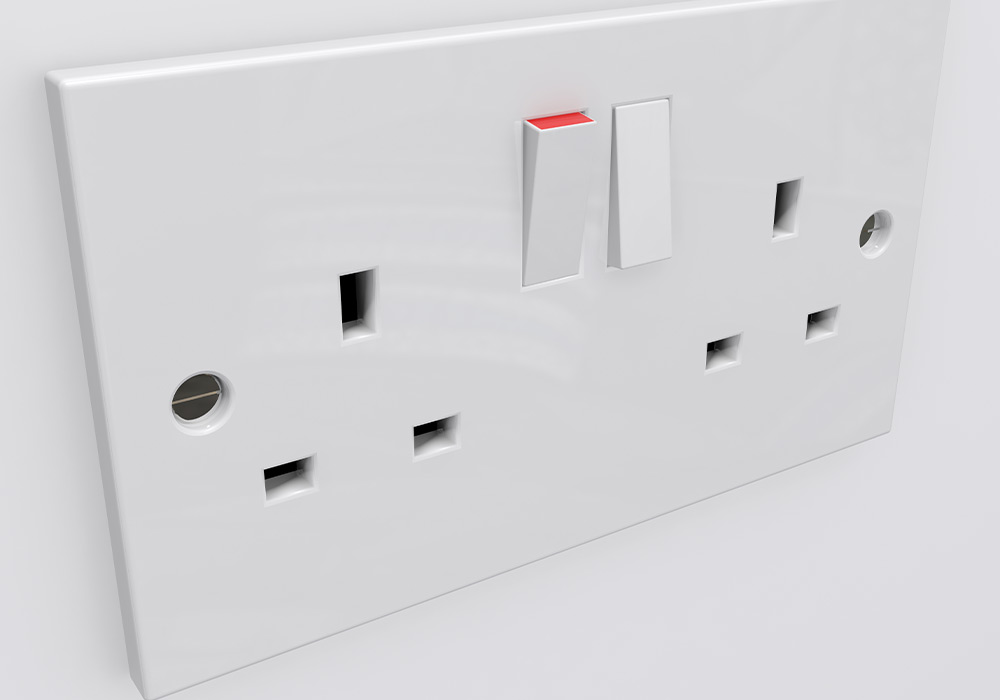
How to Identify Dead Outlets
Physical Inspection
The first step to identify a dead outlet is a physical inspection. Check for any visible signs of damage on the outlet, such as cracks, burn marks, or loose screws. Additionally, if there are any unusual smells or warmth coming from the outlet, these could be indications of potential issues. You should also pay attention to whether any plugs inserted into the outlet feel loose, as this could suggest a worn-out outlet that needs replacement.
Multimeter Testing
Another method to identify dead outlets is through multimeter testing. First, set your multimeter to the appropriate voltage range (usually AC voltage around 200V). Make sure the outlet is clear with no devices plugged into it. Insert the multimeter probes into the left and right slots of the outlet, ensuring they make contact with the metal contacts inside. A standard UK outlet should read around 230V. If there is no reading or a significantly lower voltage, you likely have a dead outlet. Always exercise caution and ensure safety while working with electricity.
By following these steps, you can efficiently identify any dead outlets in your home. Remember to be cautious during the process, as electrical issues can be dangerous if not handled correctly.
Preventive Measures and Solutions
Routine Electrical Maintenance
Regularly inspect your electrical outlets for any signs of wear or damage. This includes checking for loose connections, broken or cracked outlets, and exposed wires. Additionally, it is essential to test your Ground Fault Circuit Interrupter (GFCI) outlets periodically by pressing the “test” and “reset” buttons to ensure they are functioning correctly. Regular routine maintenance can help to prevent dead outlets and potential hazards.
Proper Installation and Usage
To avoid dead outlets, ensure that your electrical outlets are installed correctly. Consult your local regulations and codes to ensure that your electrical system meets the standard requirements. When using electrical appliances, avoid overloading outlets, as this can cause dead outlets and pose potential fire and electrical risks. It is also vital to use appliances with the correct voltage and wattage to prevent any damage to your outlets.
Calling a Certified Electrician
If you encounter any issues with your electrical outlets or suspect a dead outlet, it is crucial to call a certified electrician. An electrician can safely and accurately diagnose and repair the problem, ensuring your electrical system remains in suitable working condition. Attempting to fix a dead outlet without the necessary knowledge and expertise can be dangerous and might exacerbate the problem.



